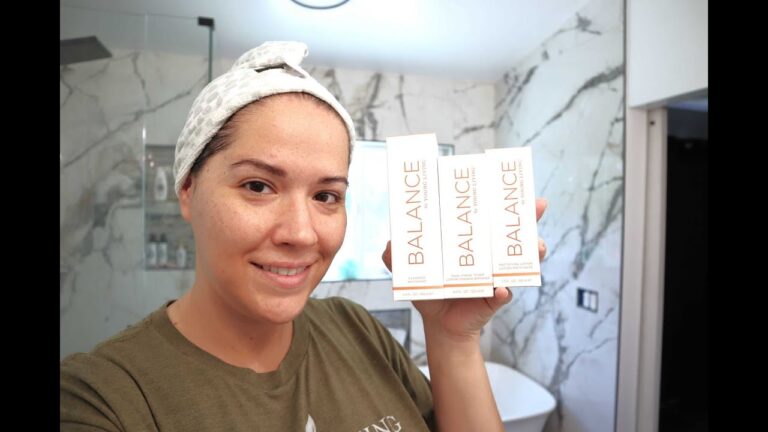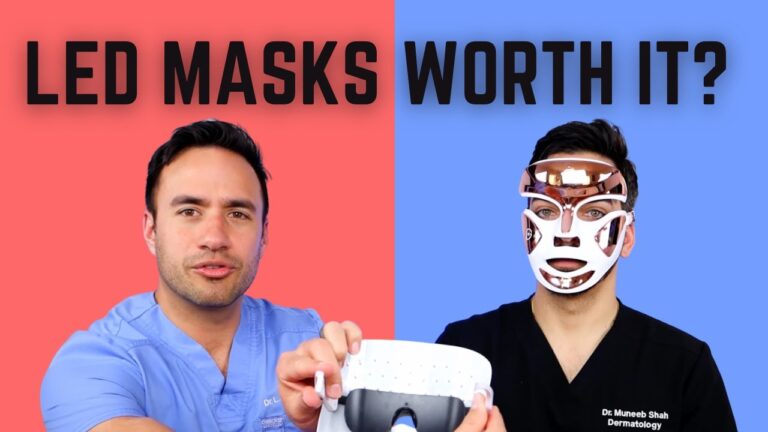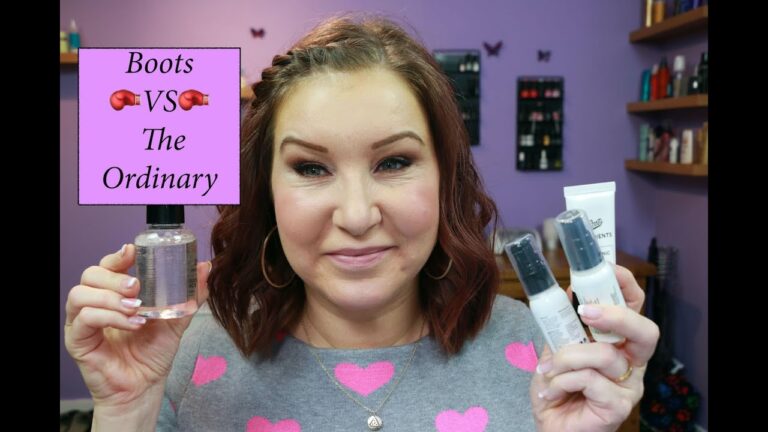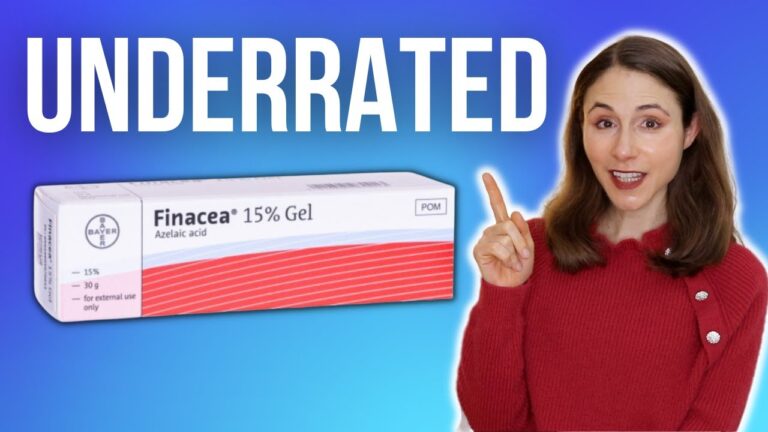7 Signs Your Retinol Treatment is Actually Working
Retinol is a wonder ingredient that has been taking the beauty industry by storm. It promises to deliver smoother, brighter, and younger-looking skin. But how can you tell if Retinol is working for you? If you’re one of the many people who have added Retinol to your skincare routine, this is a question you may be pondering. In this post, we will discuss some of the key factors that can help you determine whether Retinol is effective for your skin or not.
Consistency is key
Retinol is not an instant solution. It’s important to be consistent with its use to see results. It’s recommended that you use Retinol at night, as it can make your skin sensitive to sunlight. Begin by using a small amount every other night, gradually increasing frequency to nightly use. If you stop using it for an extended period, your skin will revert to its previous state.
The waiting game
Patience is indeed a virtue when it comes to assessing the effectiveness of Retinol. According to dermatologists, it takes at least 6 to 12 weeks to see any noticeable change in the skin. The improvement can be subtle, such as a brighter complexion or smaller pores. Over time, the effects will be more significant, such as reduced lines or wrinkles.
Experiencing side effects
If you’re using Retinol for the first time, be prepared to experience some side effects. These can include redness, dryness, and flaking. This is because Retinol works by increasing cell turnover, which can cause peeling or flaking of the skin. It’s a sign that the product is functioning correctly. If these side effects do not subside after a few weeks, then you may need to reduce the frequency of use or switch to a lower concentration of Retinol.
Compounding its benefits
Retinol can be combined with other skincare products to enhance its effectiveness. For instance, pairing it with a vitamin C serum can help to brighten and even skin tone. Alternatively, using it with an Niacinamide cream can help to reduce pore size.
Checks and balances
Finally, a surefire way to know if Retinol is working is if it’s helping you address your skin concerns. If you’re using it to reduce wrinkles and fine lines, take before-and-after photos to see if there’s an improvement. Retinol can also help to reduce acne scars and pigmentation, so monitor these areas closely to track the product’s effectiveness.
In conclusion, Retinol is a potent ingredient that requires patience, consistency, and monitoring to determine its effectiveness. It’s also important to use it correctly, follow the instructions on the packaging, and avoid combining it with other harsh skincare products. Remember that not all products work for everyone, and it’s essential to be patient and persistent when using Retinol. With time and the right approach, Retinol can help you achieve smoother, brighter, and more youthful-looking skin.
Most searched products:
Does Sephora Support Israel? Answering Your Questions
The Ultimate Guide to Azealic Acid: Benefits, Uses, and Side Effects
Discover the Benefits of The Ordinary Botox for Your Skin
How Long Does Glycolic Acid Take to Show Results: Your Ultimate Guide
Say Goodbye to B.O with Glycolic Acid Deodorant: The Secret to Long-Lasting Freshness
The Ultimate Reviews of The Ordinary Peeling Solution
Bronzer
10 Argireline Serums That Will Change Your Skin Forever
Unlock Glowing Skin with These Ordinary Exfoliation Techniques
Unleashing Honest UKLash Reviews: The Real Truth Exposed













